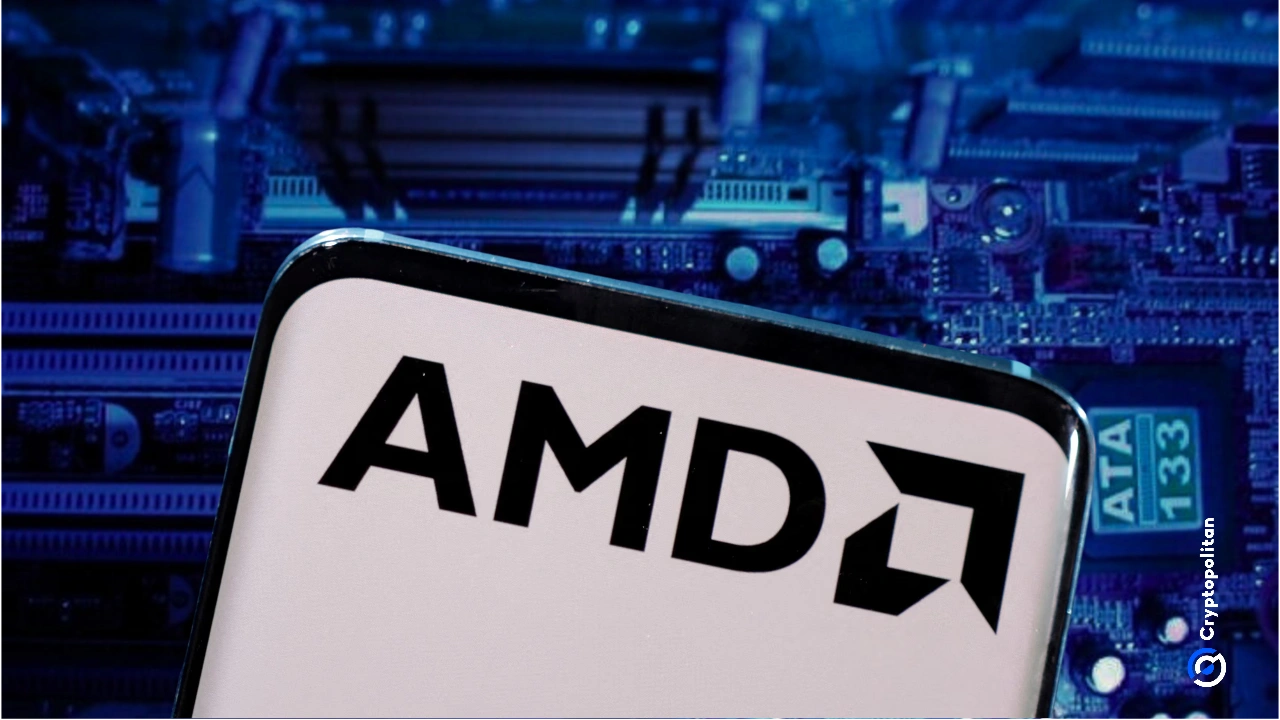Advanced Micro Devices (AMD) has announced that its initial deliveries of upcoming AI graphics processing units will begin by the end of 2025, as the company prepares to re-enter the Chinese market through the implementation of high-end cloud infrastructure.
Lisa Su, the head of AMD, stated that the company is getting chips for their operations from Taiwan Semiconductor Manufacturing Co. (TSMC).
However, she mentioned that when these chips are manufactured at TSMC’s U.S. facilities, they cost more than those made at its other facilities.
At an Artificial Intelligence conference in Washington, the CEO explained this, noting that the same chips produced in Taiwan are now being sold at a 5% to 20% higher price in U.S. facilities.
Lisa Su recognizes the surging need for artificial intelligence chips within the technology industry.
The head of AMD participated in a significant gathering organized by the All-In Podcast team previously. The event brought together a group of technology leaders and politicians, commonly referred to as the Hill and Valley Forum.
Su recognized a strong demand for AI chips in the technology industry during the event. She also highlighted notable individuals such asSam Altman,the chief executive officer of OpenAI, and Elon Musk, a co-founder ofartificial intelligence startup xAI, which has made substantial investments in the AI industry.
Significantly, AI accelerators play a crucial role in the competition among technology companies to establish themselves as leading figures in the field of artificial intelligence. They create valuable chips that are instrumental in building and running various AI models.
As a result, AMD and Nvidia Corp. vie for these benefits that include AI accelerators in the market.
Su addressed the market situation for accelerators. According to her prediction, due to its notable benefits and increasing use among technology firms, the market is expected to surpass $500 billion within a few years.
“you can assess whether we have succeeded by examining our achievements over the past five years,” she added.
Huawei is looking towards the Middle East and Southeast Asia as potential markets for its AI chip growth.
During the period of increasing need for AI chips within the technology industry,Huawei Technologieshas developed a plan to surpass Nvidia, a U.S.-owned chip manufacturer, in the industry. The firm is expanding its presence into the Middle East and Southeast Asia area, offering small amounts of AI chips.
A Chinese technology firm has made an additional effort to discuss pricing with its prospective customers in the United Arab Emirates (UAE), Saudi Arabia, and Thailand regarding its AI chips, the Ascend 910B, according to individuals who are aware of the matter but chose to stay anonymous because of the sensitive nature of the information.
Nevertheless, an agreement has not been reached yet due to a developing situation. Reliable sources indicate that the UAE has shown no interest in Huawei’s AI chip proposal, while the status of Thailand’s agreement is still uncertain.
This did not prevent the technology company from reaching its objective of becoming a leader in artificial intelligence. As a result, it needed to create a different strategy. Huawei chose to attract customers by offering remote access to CloudMatrix 384, one of China’s AI systems that utilizes the company’s cutting-edge chips in its processes. Nevertheless, their limited inventory restricts its exportation.
The main reason for Huawei’s increasing focus on the Middle East is the rapid growth of the AI chips market. In addition to Huawei, Nvidia is also drawn to this opportunity.
Neither the Thai nor the Saudi government representative responded to a request for comment.
Academy: Soon to Launch – A Fresh Approach to Generating Passive Income Through DeFi in 2025.Learn More







